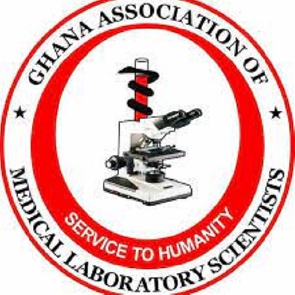Medical Laboratory Scientists (MLS) are an integral part of the healthcare system in Ghana. Their contributions are crucial in disease diagnosis, treatment monitoring, quality control, research and development, public health surveillance, and training and education.
This article aims to highlight the significant role MLS plays in the health sector of Ghana.
Disease Diagnosis: MLS are responsible for conducting various laboratory tests and examinations to accurately diagnose diseases. They analyze samples such as blood, urine, and tissue to identify pathogens, abnormalities, and other disease indicators. Their precise diagnosis helps healthcare providers make informed decisions about treatment and management strategies.
Treatment Monitoring: MLS monitor patients’ progress by analyzing samples at different stages of treatment. They provide vital information to healthcare providers, enabling them to adjust treatment plans accordingly. This contributes to improved patient outcomes and helps prevent complications.
Quality Control: MLS ensure the accuracy and reliability of laboratory results by implementing quality control measures. They follow standardized protocols, perform regular equipment maintenance, and participate in external quality assurance programs. This ensures that patients receive accurate and reliable test results, leading to appropriate treatment decisions.
Research and Development: MLS actively contribute to medical research by conducting studies, developing new laboratory techniques, and evaluating the effectiveness of diagnostic tests. Their research findings help advance medical knowledge, improve diagnostic accuracy, and develop new treatment strategies.
Public Health Surveillance: MLS play a vital role in disease surveillance and outbreak investigations. They identify and report cases of infectious diseases, monitor disease trends, and provide data for public health interventions. This early detection and control of disease outbreaks help prevent their spread and minimize their impact on public health.
Training and Education: MLS are involved in training and mentoring students, and laboratory staff, including technicians and assistants. They transfer knowledge and skills to ensure the delivery of high-quality laboratory services. They also educate patients and the public on various health-related issues, such as disease prevention and control.
In summary, Medical Laboratory Scientists make significant contributions to the health sector of Ghana. Their expertise in disease diagnosis, treatment monitoring, quality control, research and development, public health surveillance, and training and education is vital for improving patient outcomes and public health. Recognizing and supporting the contributions of MLS is essential for the overall improvement of healthcare services in Ghana.
Opinions of Monday, 30 October 2023
Columnist: Michael Agbesi Kelly















